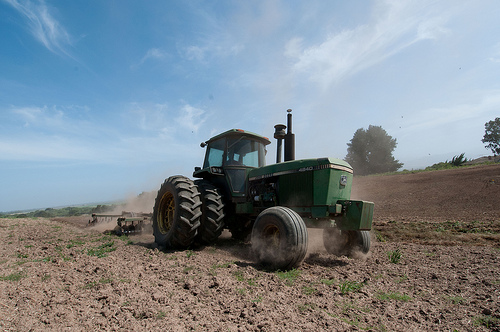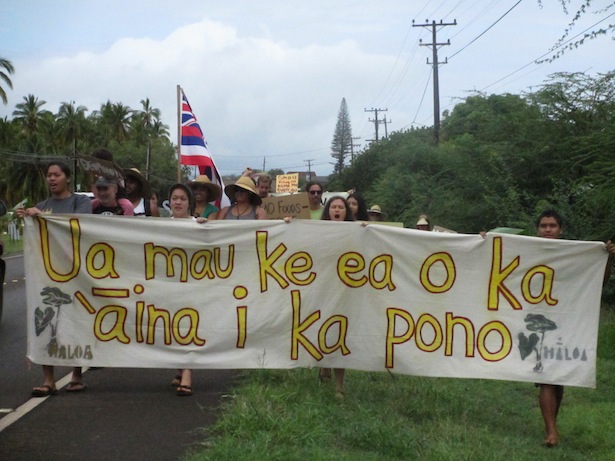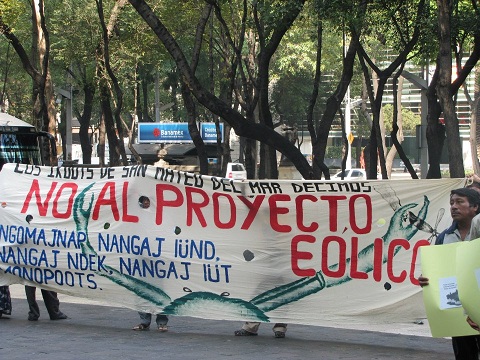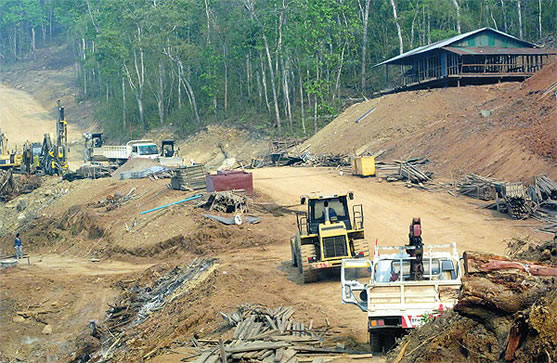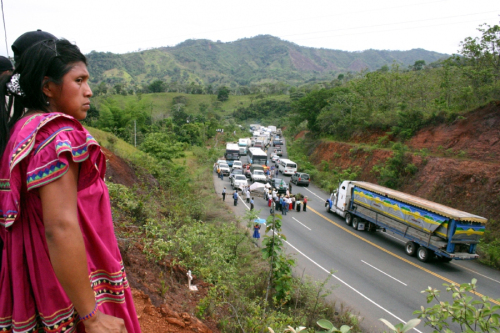
Illegal dam threatens to flood Ngäbe territory; Panama planning forcible eviction
By Richard Arghiris / Intercontinental Cry Having fought tirelessly against the unlawful Barro Blanco hydroelectric dam, the indigenous Ngäbe communities on the banks of Panama’s Tabasará river are today threatened with forced eviction at the hands of Panama’s notoriously brutal security forces. The 29 MW dam, built by a Honduran-owned energy company, Genisa, received funding from three development banks: the Dutch FMO, the German DEG, and the Central American Bank for Economic Integration (CBIE). The project was approved by the Panamanian government without the free, prior, and informed consent of the affected indigenous communities, who now stand to lose their homes, their livelihoods, and their cultural heritage. ...

